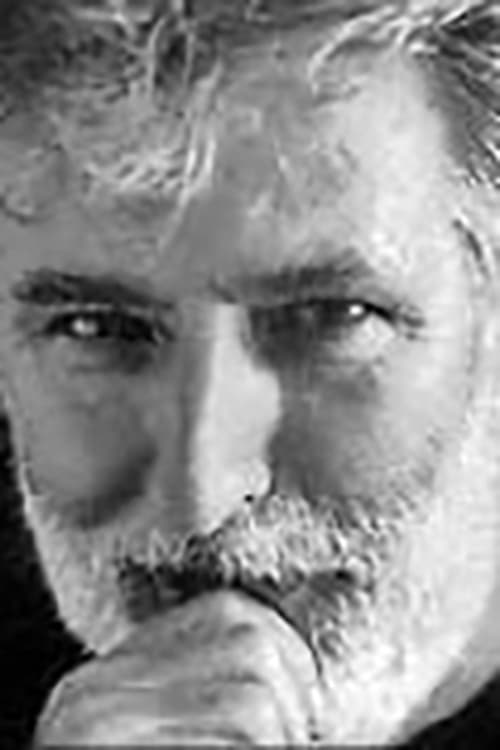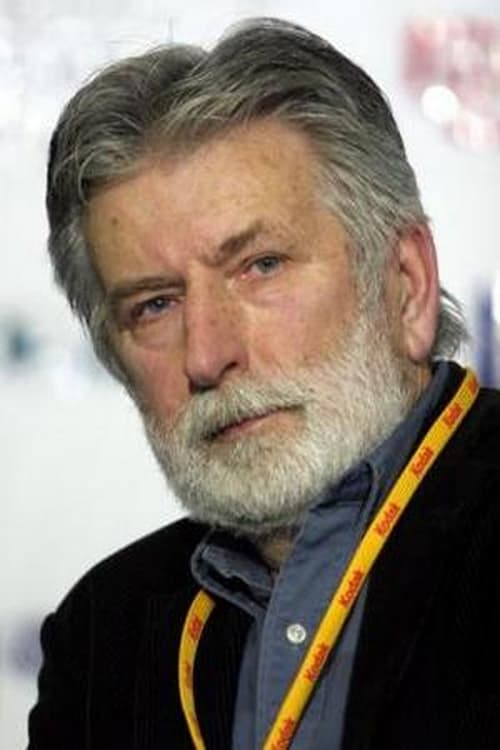Edward Kłosiński
Nascimento : 1943-01-02, Warsaw, Poland
Morte : 2008-01-05
História
Edward Klosinski was born on January 2, 1943 in Warsaw, Mazowieckie, Poland. He is known for his work on Three Colors: White (1994), Europe (1991) and Three Colors: Red (1994). He was married to Krystyna Janda. He died on January 5, 2008 in Milanówek, Mazowieckie.

Self (archive footage)

Director of Photography
Though approaching his eighties, Max Kohn shows no signs of slowing down. He pursues his love life - both real and imagined - with youthful vigor, thereby risking his relationship to Reisel, the woman he loves but neglects. LOVE COMES LATELY is a film about real and imagined longings, the never ending dream of love and the power of fiction.
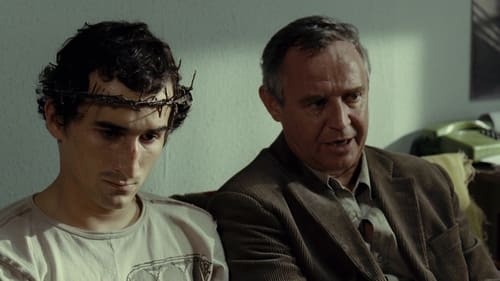
Director of Photography
Adaś Miauczyński, a Polish intelectual, has severe alcohol problems which affect his relationship with his son Sylwek.

Director of Photography
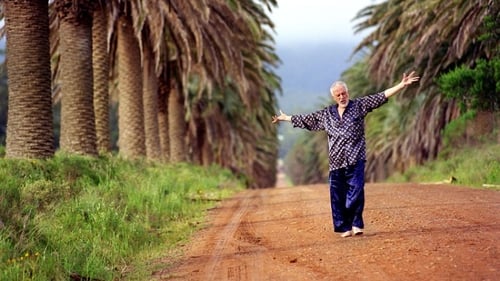
Director of Photography
A Polish ambassador (Zbigniew Zapasiewicz) finds his life falling into ruin following the death of his wife.
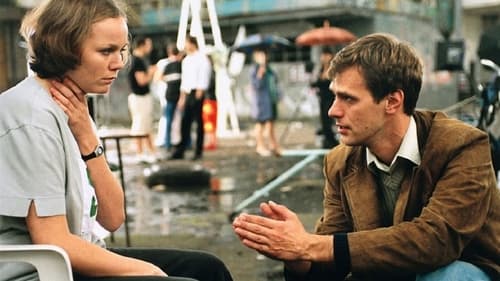
Director of Photography
An examination of the relationship between an indecisive medical student and his fiancee.
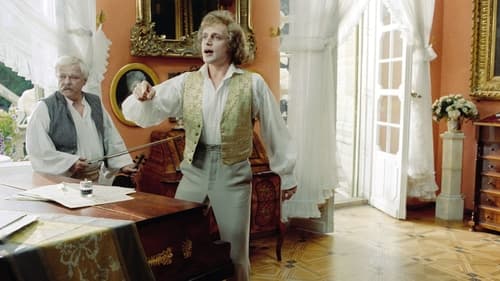
Director of Photography
The biography of world famous Polish composer Fryderyk Chopin.
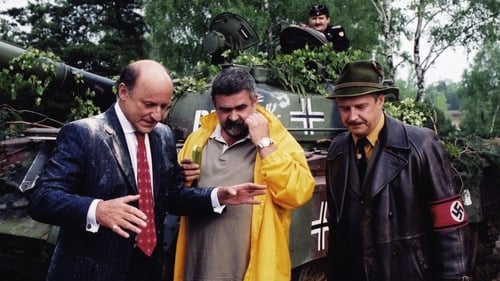
Director of Photography
An independent film critic is commissioned to write a blockbuster screenplay in which the girlfriend of an influential gangster is to play. Criticising is easier than creating. The critic tries to save his skin with the help of a girl, a proofreader from the editorial office.

Director of Photography
Rose, an older woman living in Paris was born in Poland as a daughter of an aristocratic family. Her family house is now an impoverished home for the elderly.
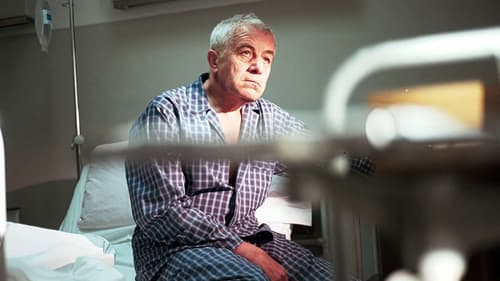
Director of Photography
The story of a doctor named Tomasz who questions his beliefs, faith and morality as his end is near, so he makes all efforts to find dignity in his imminent death.

Director of Photography
A portrait of a single day in the late summer of 1956, toward the end of Bertolt Brecht's life, as he prepares to leave his lakeside home, surrounded by the women who form his extended family.
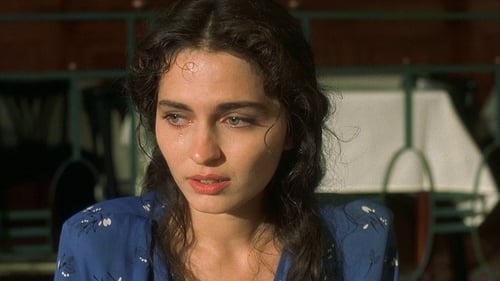
Director of Photography
Budapest in the thirties. The restaurant owner Laszlo hires the pianist András to play in his restaurant. Both men fall in love with the beautiful waitress Ilona who inspires András to his only composition. His song of Gloomy Sunday is, at first, loved and then feared, for its melancholic melody triggers off a chain of suicides. The fragile balance of the erotic ménage à trois is sent off kilter when the German Hans goes and falls in love with Ilona as well.
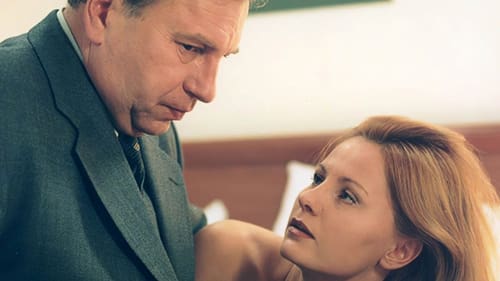
Director of Photography
Jerzy Stuhr wrote, directed, and starred in this drama about a man sworn to uphold the law who applies a very different moral code to himself than he does to others. As Adam Borowski, Stuhr plays a government lawyer prosecuting a variety of cases, including smuggling, theft, child abandonment, and racially motivated assault. However, Adam's own life is hardly a model by which to live. He's overextended himself financially and is trying to figure out how to avoid paying the hospital bills for his terminally ill mother. Adam is married, but he's been having an affair for some time, and, while he breaks off his relationship with his mistress, he's easily tempted into other liaisons. His wife wants to adopt a handicapped child; Adam would prefer not to have another child in the house, and he uses his influence to slow up the paperwork. And in order to reduce his tax bill, Adam has involved himself in a charitable donation scheme of dubious legality.

Director of Photography
An idealistic scientist is encouraged by his wife to use his good looks to get ahead, but his new job carries with it temptations and traps.

Director of Photography
A rational young man and his devoutly Catholic wife believe their sickly son may have leukemia. As they await further tests over a weekend they both struggle with a crisis of faith in both science and Catholicism.

Director of Photography
A woman whose passport was denied under the previous Communist regime by a vindictive party secretary is given a chance to confront the woman and take revenge.

Camera Operator

Story Consultant
Karol, um cabeleiro polaco e Dominique, a sua esposa, mudam-se para Paris. O casamento desmorona-se e divorciam-se. Karol perde tudo após o divórcio e torna-se num mendigo, recusando actos ilícitos para ganhar dinheiro. Após conseguir finalmente regressar ao seu país, tenta refazer a sua vida, embora nunca tenha esquecido Dominique.

Director of Photography
Karol, um cabeleiro polaco e Dominique, a sua esposa, mudam-se para Paris. O casamento desmorona-se e divorciam-se. Karol perde tudo após o divórcio e torna-se num mendigo, recusando actos ilícitos para ganhar dinheiro. Após conseguir finalmente regressar ao seu país, tenta refazer a sua vida, embora nunca tenha esquecido Dominique.
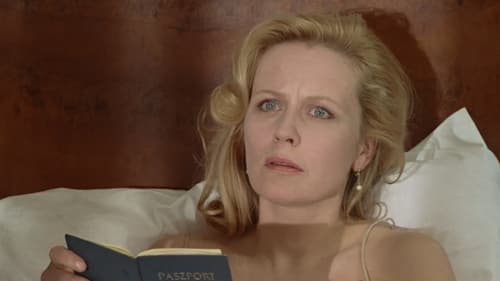
Cinematography
A Polish lieutenant from the Royal Air Force comes home with his British wife and faces political persecution.
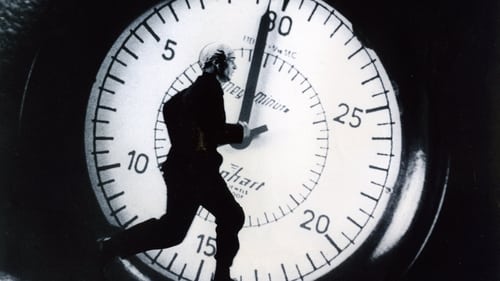
Director of Photography
Um jovem americano de descendência germânica vai trabalhar na Alemanha ocupada, com seu tio, e logo vê-se envolvido no mundo subversivo da filha de um industrial. Uma das obras-primas do diretor Lars von Trier, filmado a cores e a preto-e-branco.
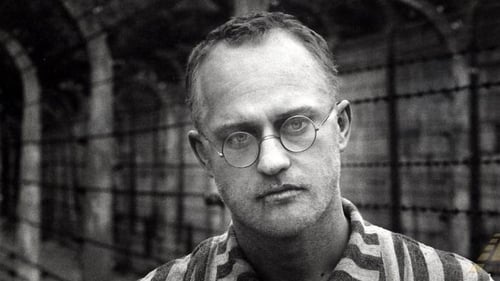
Director of Photography
Conta a história do sacerdote católico polonês que foi preso no campo de concentração nazista de Auschwitz. O filme se passa em julho de 1941 e mostra Maximiliano Kolbe que dá a sua vida por outro prisioneiro, um homem de família inocente condenado à morte por inanição em represália por uma fuga.

Director of Photography
Two British beauties go to Barbados with a yacht captain who does not know what he's in for.
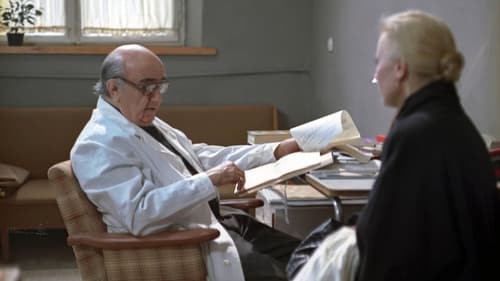
Director of Photography
Dorota Geller, a married woman, faces a dilemma involving her sick husband's prognosis. Her husband's doctor, who believes in God, sweared about it in vain.

Director of Photography
This is the true story about a group of Romani's (gypsy) in occupied Poland during World War II as they confront the atrocities and tragedies of a forgotten holocaust.

Director of Photography

Director of Photography
Made in 1982, shelved for five years. Story opens with Lucja Krol's husband under the tram. She gives birth to her fourth son on the floor of their new apartment. Neighbor Wiktor, a communist intellectual, befriends the poverty-stricken family but is soon arrested and sent to jail. During the war Lucja narrowly escapes a Nazi roundup at the black market. Her sons hold ardent Communist meetings in their apartment, with her blessing. Lucja works hard, but without complaint. After the war, Klemens is inexplicably arrested, accused by the new regime of being a collaborator. Wiktor, now a high-ranking party member, trying to defend him, himself falls into disgrace. Klemens is tortured to "confess" and dies in jail, a Communist to the end. Lucja is never told about his fate.
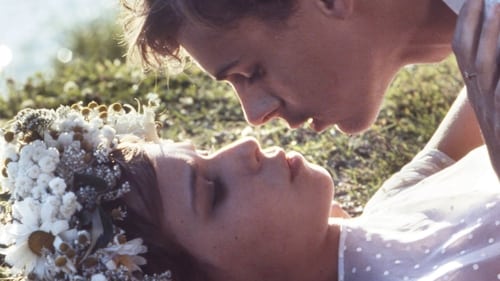
Director of Photography
Set in the summer months preceding the September 1939 outbreak of World War II in Polish part of Lithuania. A young highschool lad, Witek, is hoping to pass the entrance exams to the university. His love interest is Alina, his high-school colleague.
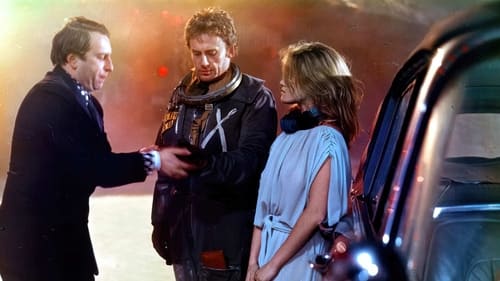
Director of Photography
In the 21st century, prisoners aboard penitentiary space ships explore unknown worlds. Scope, one of the prisoners is sent on a planet though to be lifeless, until he found "Humans" on it.

Director of Photography
The plot revolves around three men waiting to be deported in a prison. To escape the monotony, they form chess pieces from their bread rations, with which they then play against each other. Grünstein, a Polish Jew, proves to be a real talent, because although he is a beginner, he manages to defeat even the experienced player Lodeck, a German sailor, with his "Grünstein Variant".
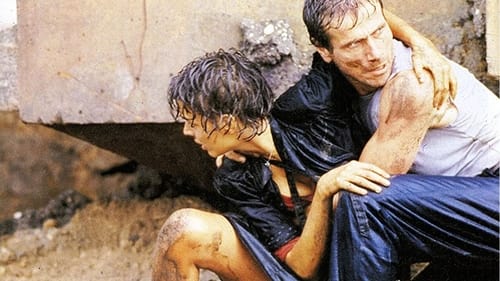
Director of Photography
A tough cop but his life in ruins. His superiors are only looking for a reason to sack him. The girl is 17 years old and lives on the street. As the cop helps her one night, she steals his gun and flees. He should report the loss of his gun to his boss, so he has to search for the girl. At the Dutch border it falls into the power of the police! Henceforth they are on the run, without a plan and without a goal ..
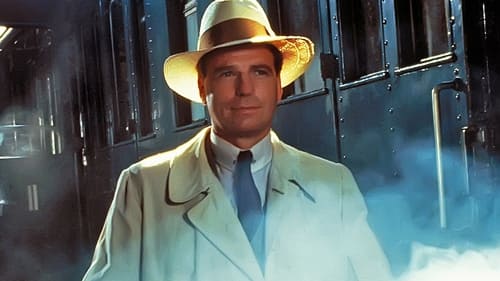
Director of Photography
In October 1936, a high official in the Austrian government receives a letter from a German Jewish woman with whom he had an affair in 1925 asking him to help place an 11-year-old, half Jewish boy in a good Austrian school. Is the child his? Should he help? And above all should he help now, at a time when Nazis are becoming powerful in Austria?
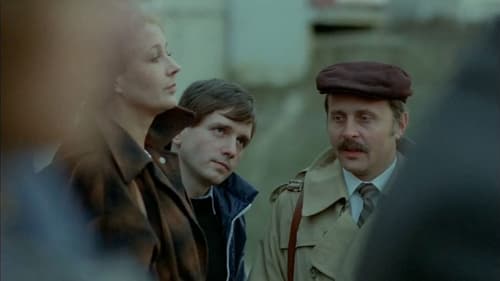
Director of Photography
A young architect is locked up in prison. He recalls his uncompromising youth and gradual sliding into the moral swamp of compromises. He was not alone. A group of his friends, dreamers and glass house builders, accompanied him.
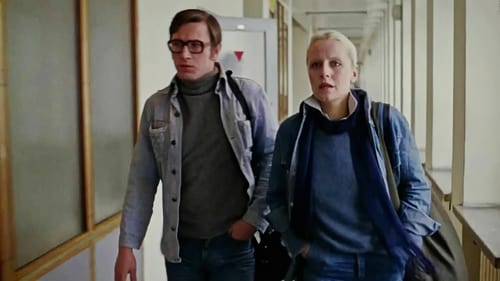
Director of Photography
Um trabalhador comum que se torna um “homem de ferro” forjado pela experiência, um filho que faz as pazes com seu pai, um casal que se apaixona, um repórter buscando coragem para mudar sua vida e uma nação inteira passando por duras mudanças. Esses são os ingredientes deste filme de Andrzej Wajda, continuação de o “Homem de Mármore” (1977). Na Varsóvia de 1980, o Partido Comunista envia Winkel (Marian Opanian), um repórter alcoólatra e frágil, até o distrito de Gdansk, para descobrir os podres que estariam por trás das greves nos portos. Um dos focos principais dessa investigação seria o jovem Maciej Tomczyk (Jerzy Radziwiłowicz), um articulado trabalhador cujo pai foi morto durante os protestos de Dezembro de 1970. Fingindo interesse e simpatia, Winkel entrevista diversas pessoas que conhecem Tomczyk, incluindo sua esposa, a presidiária Agnieszka (Krystyna Janda). Ao fazer isso, Winkel se depara com uma realidade diferente da que ele imaginava.
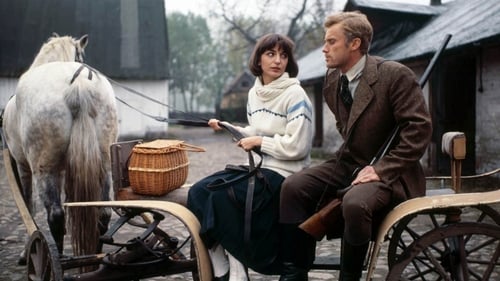
Director of Photography
Set in the late '20s. A thirtyish young man, who heads a small factory, faints at the funeral of a close friend. He decides to go home to his aunt and uncle for a while, but gets involved with a family of five women who had been in love with him at one time though he had apparently loved only one, who, unknown to him, has died since his departure. The women are mainly disillusioned with life or estranged from husbands while the youngest has a crush on him.

Cinematography
The love story of Stanisław Połaniecki and the beautiful Marynia Pławicka, set in the scenery of manor houses and Warsaw from the end of the 19th century.

Director of Photography

Director of Photography
A famous Polish journalist presents a problem for the powers-that-be when he displays his full political skill and knowledge on a television show featuring questions and answers on a world conference by a panel of journalists. His enemies take away his privileges when he is away. The shock of being "unwanted" parallels a deeper disappointment in his private life: his wife has an affair with a jealous young rival, and after 15 years of marriage and two daughters wants a divorce. She offers no explanations as he tries to untie these problems himself. All the moves he makes are the wrong ones. He takes on drinking heavily with students eager to attend his seminar after discovering the class has been canceled. The journalist, once suave and commanding is reduced to silence.
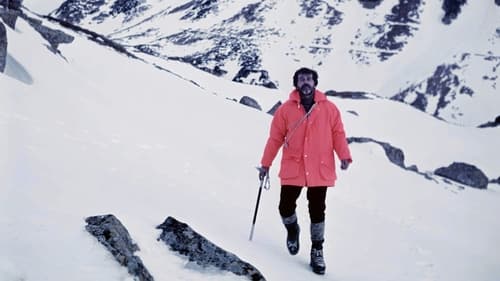
Director of Photography
In what appears to be an inexplicable incident, a man drives up to a resort hotel in midwinter, throws away his car keys, enters, and proceeds to agitate everyone he meets with his urgency -- a message he is somehow unable to communicate. Then he leaves, disappearing in the snow. Later, the people he appeared to have upset have gathered to search for him and find him frostbitten, but alive. Visiting him at the sanatorium to which he has been taken, they gradually discover what was really happening.
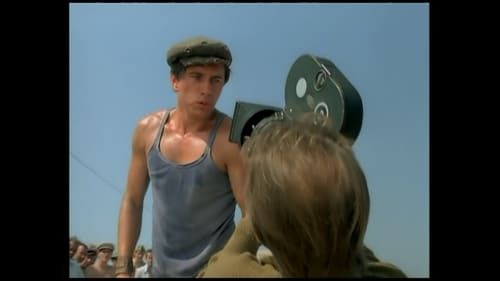
Director of Photography
Em 1976, uma jovem estudante de cinema resolve fazer um filme biográfico sobre um importante agitador do proletariado a partir de entrevistas com pessoas que o conheceram.
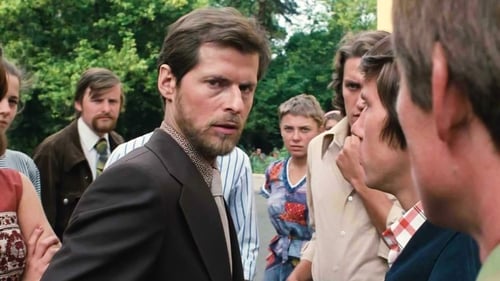
Director of Photography
Um retrato dramático e perversamente subversivo do tenso conflito entre alunos e professores em um curso de verão de linguística. Krzysztof Zanussi oferece uma crítica sutil, mas forte, à política do Partido Comunista e da precariedade do sucesso em uma sociedade socialista.
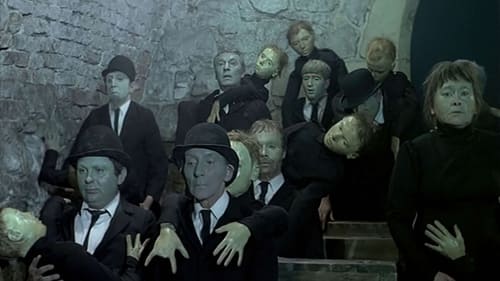
Director of Photography
The Dead Class (1975), by Tadeusz Kantor and the Cricot 2 company, is considered one of the most innovative and influential works of twentieth-century theatre. The breakthrough first version of the production - performed to great critical acclaim, but only rarely seen live by audiences outside Poland - was documented on film in 1976 by the Oscar-winning director Andrzej Wajda.
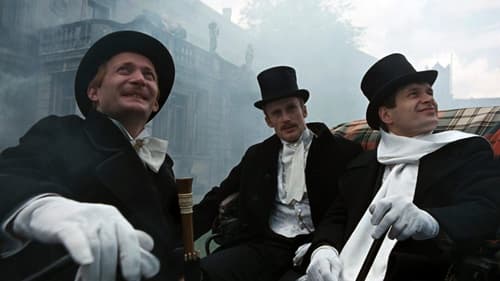
Director of Photography
The Polish film based on the book of the same name by Wladyslaw Reymont. Taking place in the nineteenth century town of Łódź, Poland, three friends want to make a lot of money by building and investing in a textile factory. An exceptional portrait of rapid industrial expansion shown through the eyes of one Polish town.
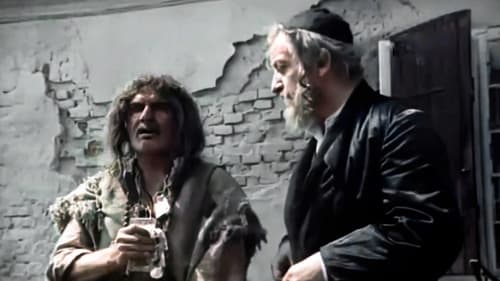
Director of Photography
An old man appears in Samuel's inn and seek revenge on the owner.

Director of Photography
Short Drama

Director of Photography
Vida de tabloide de um físico; seu trabalho, sua vida amorosa e sua busca pelo significado da vida. (e 16 - Estimado 16 Anos)

Director of Photography
Rafał is suspected of killing a turtle that fell out of the balcony.

Director of Photography
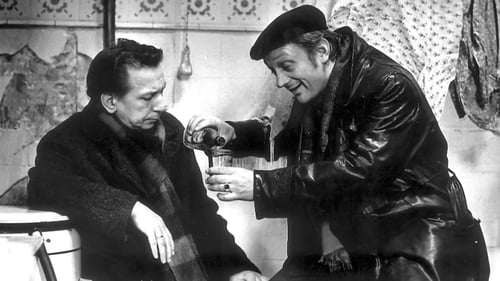
Director of Photography
Meta, 1973. 16mm film, color, sound; running time unknown.
